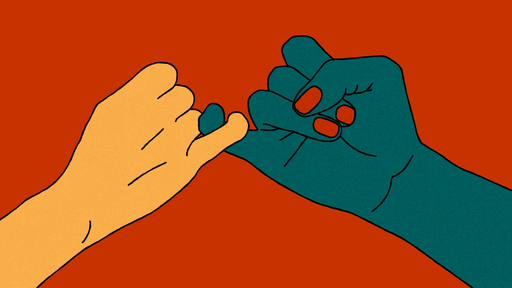
News
Power, Community and Care: the Act Build Change Offering to Movements
With help from our community members, Act Build Change is on a mission to grow strong & sustainable movements.
Act Build Change | 16 Apr 2024
Beta Welcome to our new website! See what's new
Stories of community-powered change
Insights and ideas for transformative organising.
Showing 1 to 6 of 66 ideas | Page 1 of 11

News
With help from our community members, Act Build Change is on a mission to grow strong & sustainable movements.
Act Build Change | 16 Apr 2024
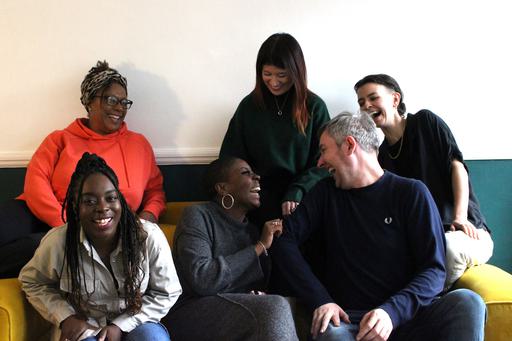
Stories
A son, partner, friend and organiser – who lived a powerful life.
Stephanie Wong | 26 Feb 2024
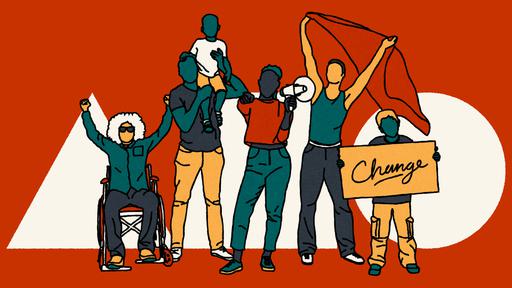
News
Our team has been working hard to create a better online experience for you and we are so excited for you to explore.
Imani Clough-Brown | 19 Feb 2024
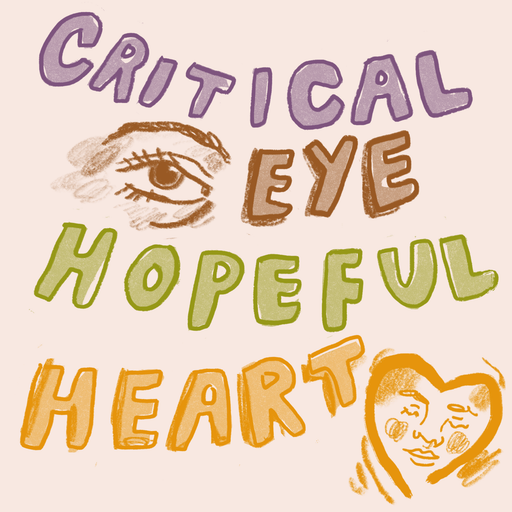
Stories
Exploring safety and safeguarding with care and empathy.
Latifa Akay | 26 Oct 2023
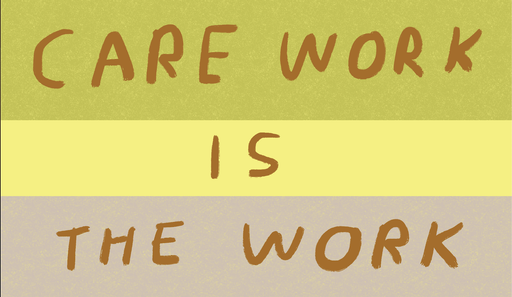
Stories
A collective care programme with Refugee Action’s network
Latifa Akay | 15 Mar 2023
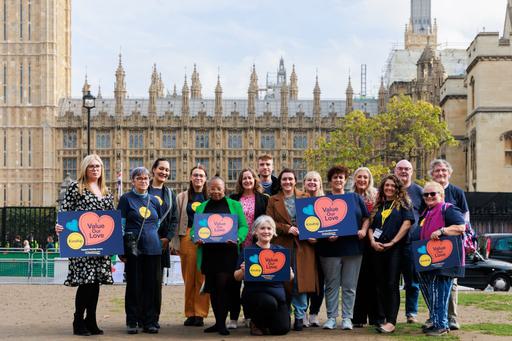
Stories
Act Build Change's transformative organising training with kinship carers
Stephanie Wong | 9 Mar 2023